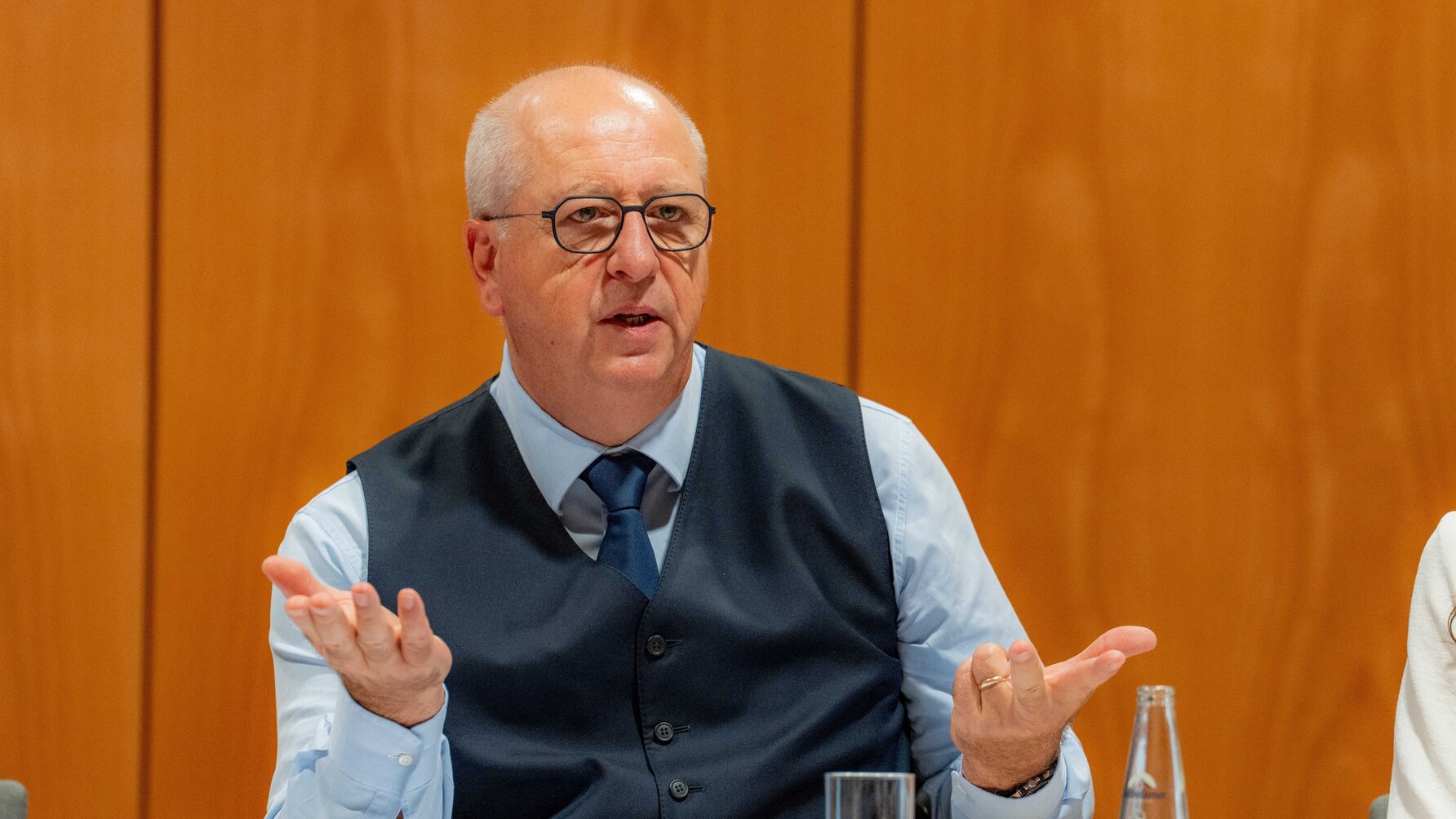
Woohoo! Europe wants to bring back cheap, small, simple petrol cars
It's the car we need right now... but it likely won't be coming right now
Europe's car companies want the EU's lawmakers to let them revive a kind of car we've all loved but that's now almost extinct: the cheap, simple, petrol minicar.
And it seems they might be getting their opinion heard. This week in her State of the Union Address, EU president Ursula von der Leyen said: "We will propose to work with industry on a new Small Affordable Cars initiative."
European car companies are increasingly panic-stricken about having to meet the CO2 reduction rules in the EU, and the total phase-out of combustion by 2035. It says there won't be enough buyers and European companies' profits will tumble. The result, in this scenario, would be huge losses of carmaking jobs across the continent, and a wave of imports of cheap Chinese cars.
So in the coming weeks, ACEA, the car-makers' lobbying body, will meet the lawmakers with proposals to allow cheaper, mostly petrol cars. Jean-Philippe Imparato (below), boss of Stellantis in Europe, outlined the argument to journalists at the Munich show this week. He claimed he wasn't just speaking for his company but others too.
"There's a sense of urgency and we need action not talk. The 2030 proposal [for CO2 halved from today's] is no longer reachable. The market for EVs is not there, because the charging stations aren't there and the economic situation is not there."
The "economic situation" means lots of people can't afford new cars at all, especially since just a few years ago there were 40-plus below £15k, and now it's just the Dacia Sandero (pictured above). Manufacturers can't turn a profit on the cheap stuff, partly because of equipment the law insists on. That includes ADAS, safety kit and the coming Euro 7 which includes brake dust. Meanwhile, wages are in a squeeze, so for many people any new car – petrol or electric – is pushed into the category of an impossible luxury.
Imparato says this is reflected in the average age of cars on Europe's roads, which he says is now 12 years old and rising. He adds that a 2010 car emits on average 76g/km more than a current one. So he says the need to cut CO2 could be tackled by getting a lot of the really old stuff off the road, not just by inaccessible EVs.

(In its lifetime, a car produces far more CO2 and consumes far more resource in its use than in its manufacture, so the eco-balance does favour scrapping and recycling rather than letting cars age.)
These new small cars would need special rules to get the price down. Likely proposals include exemption from some of the ADAS equipment. Imparato said while a manufacturer can currently add a bit to the price for such kit, that's only about half what it actually costs at the factory.
As they're city cars they wouldn't need lane keeping and so on, he said. And a 110kmh (68mph) speed limiter is likely.
Top Gear
Newsletter
Thank you for subscribing to our newsletter. Look out for your regular round-up of news, reviews and offers in your inbox.
Get all the latest news, reviews and exclusives, direct to your inbox.
Which would result in smaller brakes, cooling and so on, meaning the kind of virtuous weight circle many of us crave.
The carmakers might be pushing at an open door. Von der Leyen said: "Millions of Europeans want to buy affordable European cars. Europe should have its own E-car. E for environmental – clean, efficient and lightweight. E for economical – affordable for people. E for European."
But despite Imparato's calls for quick action, new rules for the EU tend to take years of wrangling before they're laid down. Then it would be a couple more years before the cars were developed and finally on sale.
Meanwhile there's still argument about whether the cutoff date for petrol cars should or should not slip back.
Environmental groups, infrastructure makers and the wholly electric car makers are doing their own lobbying. Michael Lohscheller, boss of Polestar (and ex-Vauxhall-Opel chief) said: "The EU’s 2035 target to end sales of new combustion cars gave clarity to industry, direction to investors and certainty to consumers. Weakening it now would signal that Europe can be talked out of its own commitments. That would not only harm the climate. It would harm Europe’s ability to compete."
And Von der Leyen said, even as she mentioned the E-car: "No matter what, the future is electric."








